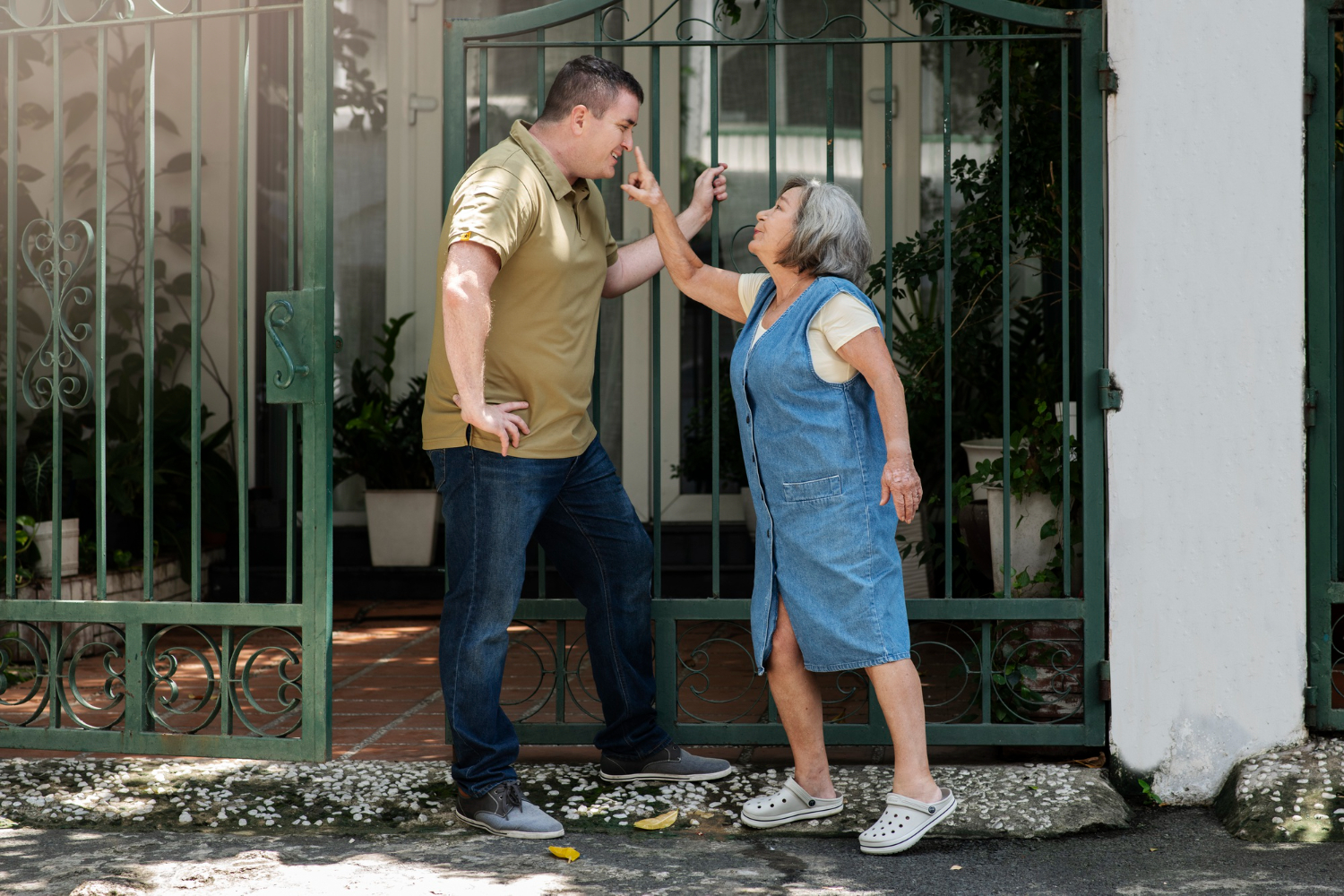If you’re a homeowner in an HOA, there’s a chance you’ve been on the receiving end of debt collection efforts from your association at one point or another. Whether it was for past due assessments or late fees, HOAs have several methods they can use to collect delinquent payments. Understanding how these debt collection methods work is key to staying ahead of any potential issues with your homeowners’ association.
In this blog post, we will discuss the various debt collection methods that HOAs employ and how they operate.
Failure to Pay
When HOA members fail to pay their dues, the homeowners association (HOA) has a few options available for debt collection. The first step is sending out reminders and letters outlining the amount owed and providing an opportunity for payment before other measures are taken. If this fails to solve the issue, HOAs may assign an attorney or collections agency to pursue delinquent payments. These organizations can use court orders, garnishments, or bank levies as pressure tactics in order to get homeowners to make their payments.
Many HOAs use technologies like online payment portals to ensure quick payment processing with minimal effort on both sides. Ultimately, if all these methods fail, legal action can be taken against non-paying members, which could result in additional fines imposed by the court system depending on their particular situation.
Debt Collection Methods
One of the most common methods used by HOAs for debt collection is sending out reminders and letters. These messages can be sent through several different mediums, such as regular mail, email, or text. They usually outline the amount owed in detail. This method is often used to allow homeowners to make payments before other, more aggressive measures are taken. In addition to detailing the amount owed, many letters also include a timeline of when payments must be made to avoid additional fees or late penalties.
Another popular debt collection method employed by HOAs is filing a lien on the delinquent homeowner’s property. A lien is a legal claim against the property that allows the HOA to collect what it’s owed in case of a foreclosure or sale of the property. It also serves as a warning to other potential buyers that there may be unpaid debts associated with the property. Liens can only be removed after all past-due assessments have been paid off in full, so homeowners need to stay current on their payments to avoid this type of action from their association.
If sending reminders and letters doesn’t result in payment, HOAs may also choose to assign an attorney or collections agency to pursue delinquent payments. These organizations have access to additional resources such as court orders, garnishments, or bank levies that allow them to pressure homeowners into making payments. Sometimes, they may even take legal action against them and attempt to recoup their client’s losses through lawsuit settlements or judgments. This means that not only could homeowners be responsible for paying back their debts, but they could also face additional fines imposed by the court system depending on their situation.
Finally, many HOAs will take advantage of technology for debt collection purposes. As mentioned, services like online payment portals allow homeowners to conveniently pay what they owe quickly and securely from anywhere with internet access. And some associations use computer programs that automate data entry and analysis for quicker collection processes, which can save time and money while improving accuracy rates when dealing with large amounts of information simultaneously.
Fair Debt Collection Practices Act (FDCPA)
Regardless of the HOA’s tactics, it’s important always to remember that all members deserve respect and to be treated fairly throughout the process. The Fair Debt Collection Practices Act assures that. The Fair Debt Collection Practices Act (FDCPA) is a federal law that protects consumers from aggressive debt collection tactics by debt collectors and provides guidelines for how they should conduct themselves.
For example, under the FDCPA, debt collectors are prohibited from making false or deceptive statements to collect a debt, harassing people with excessive phone calls or emails, threatening violence or other criminal acts, and making any misrepresentations about the amount of debt owed.
Additionally, these organizations must give clear notice of their rights to dispute the debt’s accuracy and their right to receive verification of the amount in writing before they can attempt to collect any payments. With these protections in place, HOA members can be sure they will not be subjected to unfair practices when dealing with debt collection on behalf of their association.
Understand Different Debt Collection Methods
HOA members and associations need to understand the different debt collection methods available to ensure everyone is kept informed throughout the process. The Fair Debt Collection Practices Act protects from aggressive tactics by debt collectors, so homeowners and HOAs must know their rights under this law.
By leveraging technology such as online payment portals, automated data entry processes, and legal action when necessary, HOAs can minimize financial losses associated with delinquent payments while also protecting their members from unfair practices. With these strategies in place, you can rest assured that your association will have a reliable system for collecting debts on time every time.
If you’re an established HOA or a new community, we’re here to help. Running into delinquent payments is never ideal, but how your community members are treated is a true testament to the success of said community. If you’re looking for direction on how to best manage delinquent payments or you’re looking for guidance on how to grow the best community, we’re here to help. Contact us today!





